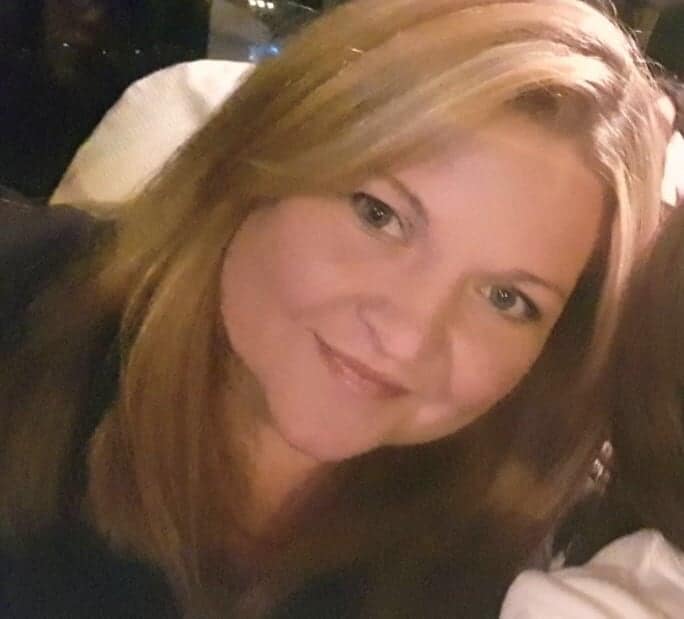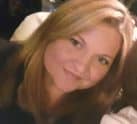
Certified Spiritual Director, Eric Evans shares insights with MysticMag about how spiritual guidance can help explore and nurture your spiritual journey.
Please tell us a bit about your background and what led you to help guide others?
Ever since I was little I’ve had a deep affinity for spirituality and for people. I remember writing poems to God in elementary school. I had a deep love affair with the Divine in high school. I would have mystical experiences alone in my room and talk to birds on the way home from school. The Divine as the Beloved was very real to me and this birthed in me revelatory experiences of seeing the Beloved in others and a deep desire to live with compassion. I grew up as an evangelical Christian, so these affinities manifested in my life through very evangelically-minded pursuits and at one time I was living oversees as a missionary. But as I grew and matured, I saw the faith-expression of my upbringing as being too closely tied to American political power, and I saw that many of my own desires to “help people” were tainted with a subtle power dynamic that positioned the “giver” as “controller” over others. I loved spiritually accompanying people, but I felt that I could no longer be a part of what I saw to be an imperial religious system. So I have a real heart for people struggling, grieving, and breaking free from religious paradigms of fundamentalism. The need to take a stand against oppressive beliefs and practices of our institutions is dire (as well as the need to, perhaps, reclaim certain core truths of them) at this hour of history and my heart goes out to those who are struggling to find a way forward while being people of conscience.
Interwoven with the story of wrestling free from an evangelical paradigm, is my story as an avant-garde sound art composer. I loved experimental classical music, and I loved listening deeply to sounds. In listening to sounds, I listened to the Earth, just as She was, not as I wanted Her to be. This drew me to the practice of spiritual direction. I have loved listening to people just as I would listen to the sounds of the Earth, simply as they are; in radical acceptance and in anticipation that Spirit is already working; that Her work does not depend on me, but that my joy is to be able to discern it, listen to it, and bring it to light. I have loved accompanying people in this way.
How would you describe Spiritual Direction?
The term “spiritual direction” is somewhat misleading because I do not see what I do as being very directive at all. I see my job as a spiritual director as holding a contemplative space for people to process their relationship with the Divine, Earth, Universe, etc. I see myself as a “womb-keeper” and midwife of the soul; one to accompany and coax forth the natural processes of spiritual growth and transformation that are already happening in a person. It is not my job to direct someone on a particular spiritual path. It is my job to accompany and help people discern their own paths. True spiritual growth must come from within, as a process of individuation, and as a journey of learning to trust Soul.
In your opinion, why do people lose hope in difficult situations and what can be helpful?
I think the fundamental essence of hope is the conviction that all things belong – even suffering in some mysterious way – and that all things will eventually and ultimately be well in the end. As the mystic Julian of Norwich said, “All shall be well, all shall be well, all shall be well, and all manner of things shall be well.” I think people lose hope when this essential conviction is abandoned in some way (perhaps [and probably] not consciously), which is easy to do. It is a mystical way of seeing Reality. I think of what a brilliant Benedictine monk, Br. David Steindl-Rast, said about the difference between hope and hopes. Hopes have something to do with the future; hoping that something will be fulfilled in the future, like a desire or a need. On the contrary, hope is only concerned about the present. It is the deep conviction that all shall be faithful, all shall be well (*wink* Julian) and so the only thing that matters is the present. Hopes too often can distract from true hope. They keep our sight in the future which is not real and which rarely happens the way we foresee. It is easy to focus only on hopes in our consumeristic society because we are bombarded with messages that subtly convince us that if we have this or that, then we will truly be this or that. In other words, these are messages of hopes, not hope. Often, in our society, I think people have rarely tasted true hope, and therefore when difficult situations come; when our hopes fail, shatter, or do not come to pass, we feel that there is nothing left and so we despair. True hope is inextricably and mysteriously tangled within the mysteries of suffering and death, which makes hope a truly spiritual reality. In any difficult situation, any suffering, a “thin space,” a “threshold space” opens in our lives wherein we are given an opportunity to find our own mysterious way to hope (and it is truly no one else’s but our own). It can help to have companions and friends who have tasted true hope to hold us along the way in our grief and struggle. Answers do not help here, but presence, and accompaniment as we journey our own path.
What advice would you offer someone discovering Spirituality and looking to start their journey?
Nothing in your life is too evil or dark to be cut off from your story. The Light has broken through. This is a wonderful time and a wonderful experience. But do not forget that, even though it may not seem like it, that Light has been with you from the beginning. It may not seem like there is Shadow anywhere to be found, but remember wherever there is Light, there is Shadow. Embrace this Shadow in yourself just as fully as you embrace the Light. Do not say that the shadowy past is rubbish. Let Light give you the courage, presence, Love, and fortitude to turn and open your arms fully like you’ve never opened them before to the entirety of your precious life.
Do you have any spiritual or self-care practices that you regularly follow or would recommend?
I practice a form of meditation called Centering Prayer. It is non-conceptual, apophatic meditation, wherein one simply lets go of thoughts. It is very akin to zazen forms of meditation. Apophatic, or non-conceptual prayer is based on the idea that the Divine not only cannot be contained in our concepts but that the very Self who “thinks” of those concepts is the divine mystery (this is at the heart of all mystical traditions of the world). As Meister Eckhart said, “The eye by which I see God is God.” It is in letting go of thoughts that we dis-identify with their energies and we become aware of the “river” that they are floating upon. Many would call this river “pure consciousness” or God or the Self. In this emptiness the ego relaxes its clinging energy and something indescribable fills the emptiness with a fullness so full that it is best described as nothingness. I would recommend this form of prayer to those who have been on the spiritual journey for a while, have tasted its wonderful benefits but have found that the things once so wonderful have become dead and tasteless.



